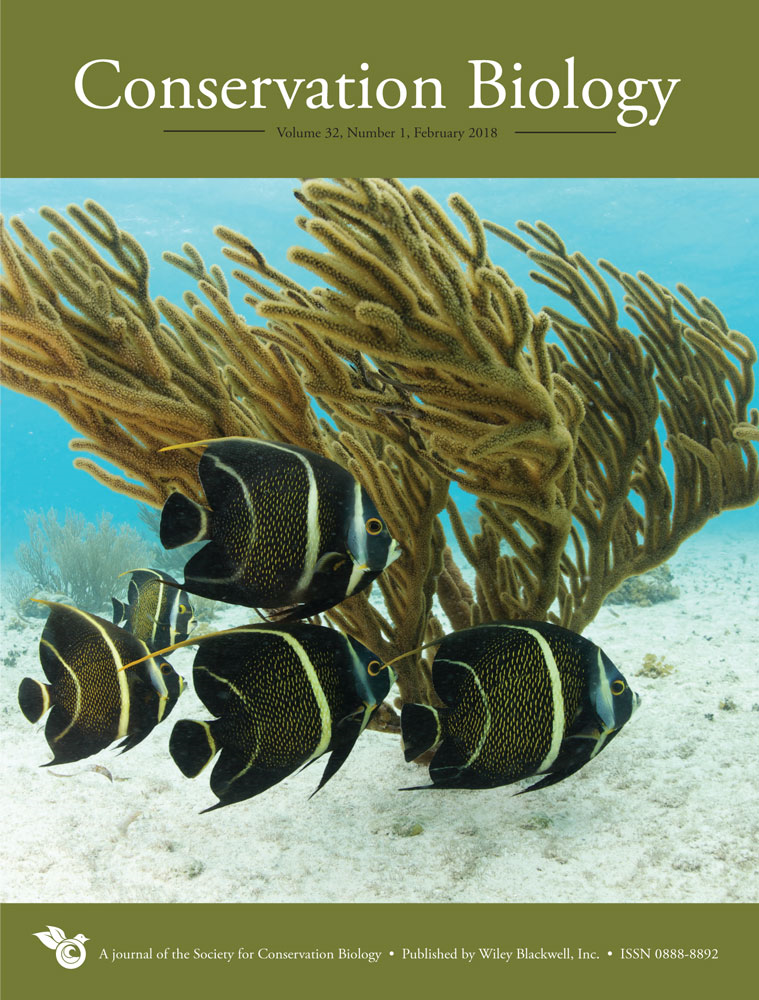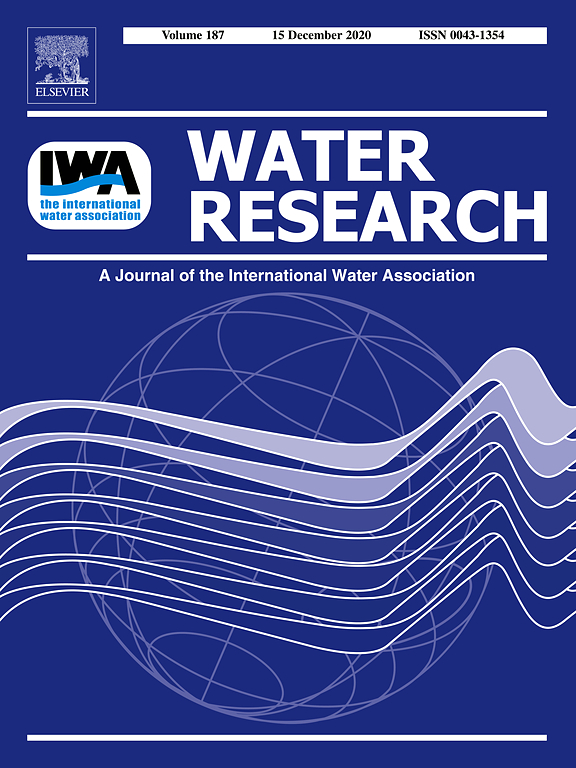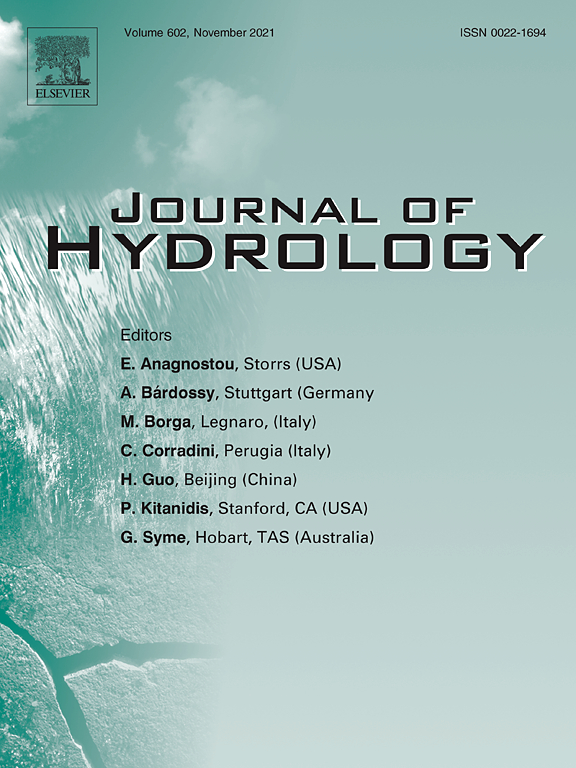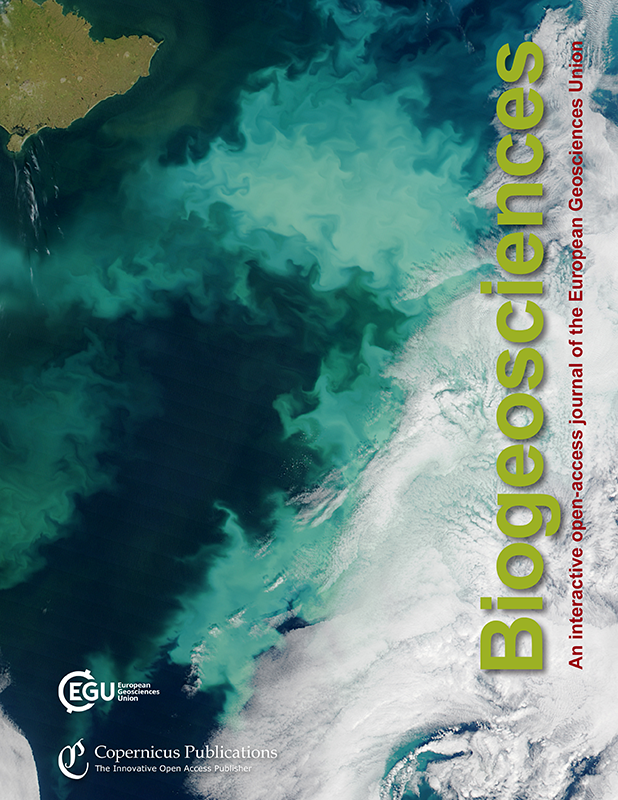Secchi Depth Retrieval in Oligotrophic to Eutrophic Chilean Lakes Using Open Access Satellite-Derived Products
In this study, the use of open access satellite data for estimating Secchi disk depths in 3 lakes in Chile was investigated. In the oligotrophic Lake Panguipulli, no relationship was observed between estimated and measured Secchi disk depths. This highlight the need for methodological advances in the processing of satellite-derived water quality products,s, especially for very clear waters.
Effects of land cover and protected areas on flying insect diversity
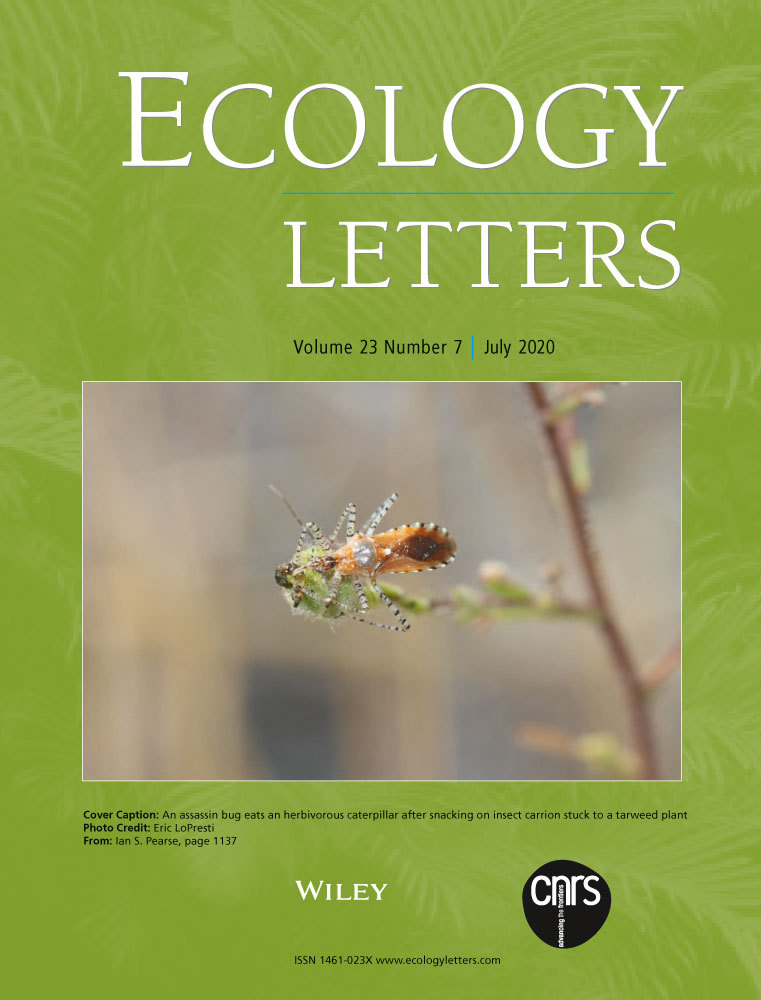
Eco-Evolutionary Interactions With Multiple Evolving Species Reveal Both Antagonistic and Additive Effects
The authors investigated the ecological effects of evolution of multiple zooplankton species of their community dynamics. The study highlights that species differ in their evolution-mediated ecological effects and showcases that using the evolutionary effects on ecology of single species to predict multiple species' effects may lead to unreliable predictions.

Disentangling Spatio‐Temporal Impacts of Multiple Environmental Factors on the Global Discharge Regime
Lake ecological restoration of vegetation removal mitigates algal blooms and alters landscape patterns of water and sediment bacteria

Exposure to Pseudomonas spp. increases Anopheles gambiae insecticide resistance in a host- dependent manner

Differential survival and feeding rates of three commonly traded gastropods across salinities
This study investigates the establishment and impact risks posed by three readily available, traded snail species – Melanoides tuberculata, Tarebia granifera and Anentome helena – by assessing their survival and feeding responses across a spectrum of salinity levels.
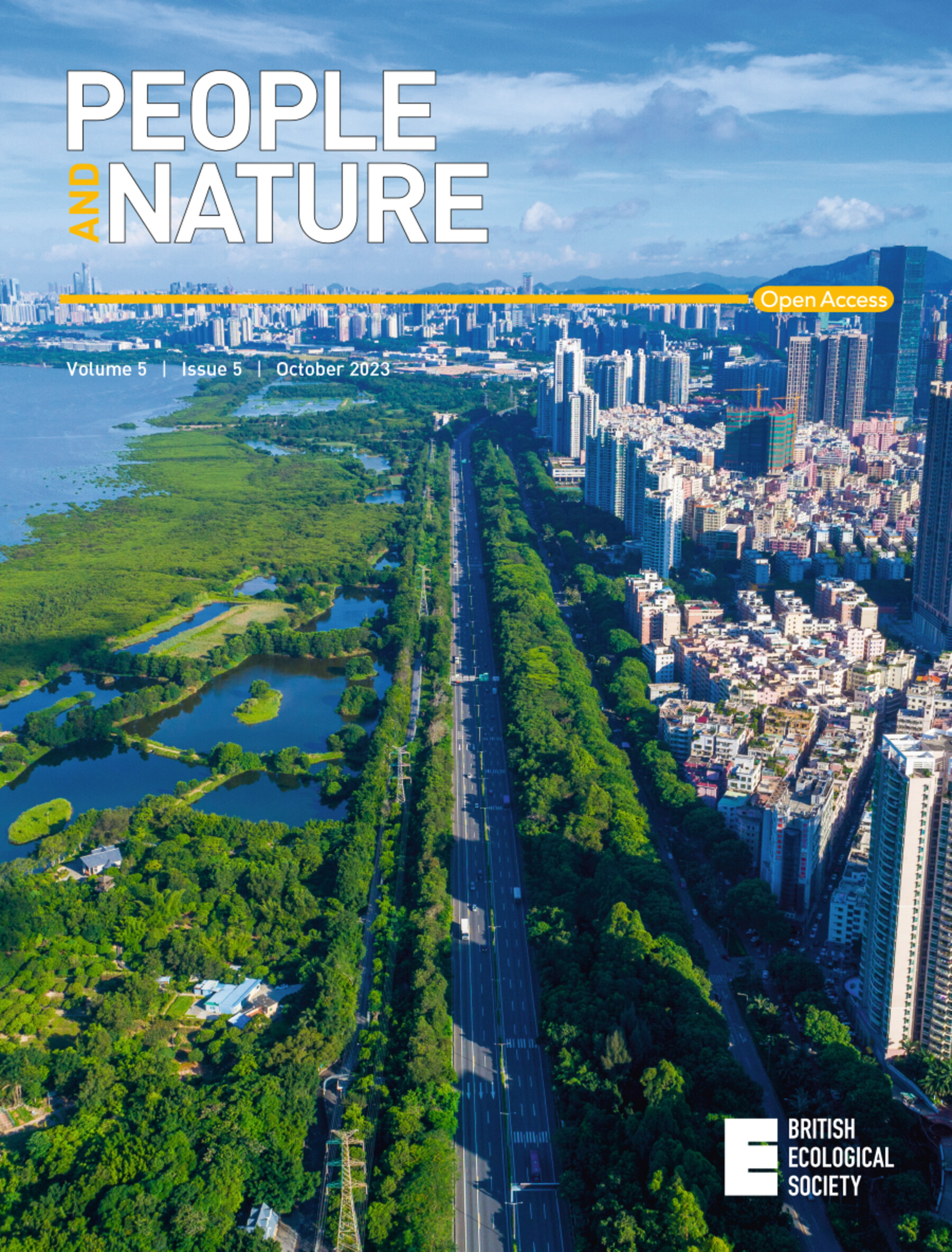
The frequent five: Insights from interviews with urban wildlife professionals in Germany
The authors interviewed 36 urban wildlife professionals in 4 large cities in Germany. Red foxes, wild boars, raccoons, stone martens and Eurasian beavers were the five mammal species most frequently highlighted in interviews to cause human-wildlife conflicts. The interviewees emphasized the need to create refuges for beavers and better inform the public about foxes.
Hydrological connectivity drives intra- and inter-annual variation in water quality in an intermittent stream network in a mixed land use catchment under drought
The study investigated spatio-temporal variation of hydrological connectivity and linked water quality in an intermittent mixed land use, lowland catchment in NE Germany. In recent years streamflow became more intermittent with major implications for water quality. Spatial variation of water quality is related to soils and landuse. An extensive wetland area acted as a major ecohydrological buffer.



